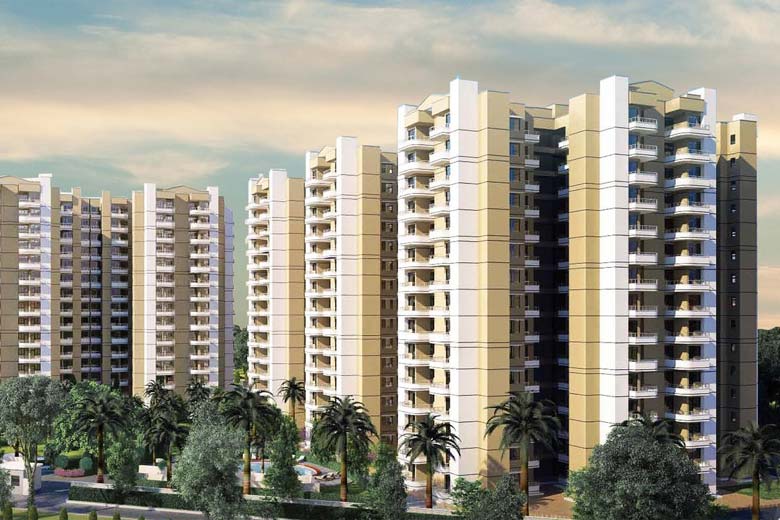With Indian government’s decision to make the rules of investment same for both Indian Nationals and NRIs the rate of investments has only increase in our country. The rising number of jobs in the market and all the modern, ‘Smart’, infrastructure has only contributed to the surge of NRIs looking to follow their roots and settle back in India. When we talk about NRIs in India and where they prefer to live, the first two cities that comes into our mind is Mumbai and Bangalore. Mumbai because of the media and entertainment attraction the city is and Bangalore because of the job offerings, which comes in combination with a high pay. In this article, we are going to talk about everything that NRIs need to know before buying their property in Bangalore city.
Time and again, top research companies, ASSOCHAM, Jones Lang LaSalle, and Knight Frank have been finding the same thing – Bangalore is the one of the top preferred locations for NRI investment; with all of them citing the same reason – The city is the most IT favored one in the whole country. That added with the infrastructure designed to meet the needs of buyers who are used to a certain modern lifestyle, has made Bangalore a preferred home option.
With a number of developers offering a variety of property option for the NRIs, here are some things that one needs to consider –
- Find the right area
The property market of Bangalore is extremely wide, with a lot on offer. But two of the popular areas for the real estate purchase are the North and East Bangalore. The eastern region of Bangalore including Old Madras Road, Whitefield, and Electronic City are famous because of their closeness with the IT/ITES companies with the presence of various social infrastructure such as hospitals, schools, entertainment and shopping hubs.
While the East of Bangalore continues to be an outstanding investment option, it is a mature submarket. The North Bangalore near airport offers more appreciation in the property values as the locality is witnessing huge infrastructure investment from government to offer better conveyance links with the city over and above the development of IT parks and SEZ.
- Know the ground reality
First, find out about the nature of the house. As per RBIs guidelines, a Non Resident Indian cannot invest in plantations, an agricultural land, or farmland in India.
So it is advised that you go through all the lawful documents prior to buying a land or house. In cases where the residential projects are being developed on some agricultural land minus any securing approval whatsoever from the Indian government, the investment are considered and will be considered illegal, regardless of who is buying the land.
- The Purchase
After identifying a property with due negotiation and diligence, buyer will come at the point where the sale agreement will be made. Subsequently, the most important document in any sale/purchase transaction should be drafted on 50 Rs. stamp paper that will declare the final price, time limit to recompense the remaining money, advance payment, and other details of portions in which the payment has to be made.
Once the document is drafted and signed by both the parties, one will need to register it with the Sub-District Magistrate or the sub-registrar. Here, the other crucial thing to consider is that the NRI buyer’s international address needs to be revealed in every document including the sales deed.
- Tax matters
In addition to the stamp duty and registration cost, service tax is charged on the whole transaction. The amount of tax varies with the property type that one buys. If one is investing in a property, which is being developed by some builder, one will need to pay service tax of approximately 12.37% on the 25% of the complete price of the apartment up to around 2,000 square feet area and approximately 30% for bigger sized apartments.
For the single residence unit or a built-up house, the stamp duty needs to be given at the time of the purchase of a property. The thing you needs to know here is that stamp duty, which needs to be paid, differs from city to city and will be different for houses based in village areas.
With the Indian market becoming more and more open to NRI investments, the time to make the purchase is now! For someone looking to buy a house in IT centric city, this short guide would come in handy.
Author Bio : Currently associated with 99acres.com, Tripti writes on real estate market and trends, both national and global. With a professional expertise in introducing readers to how real estate market functions, she strives to keep her readers updated with every what’s what of the turbulent market.
Apart from writing what keeps her going is petting dogs, and a thick chocolate milk shake. Get to know more about real estate market and trends follow G+.

